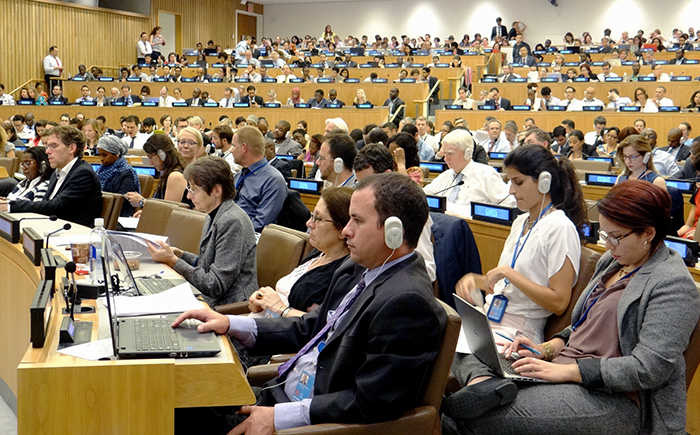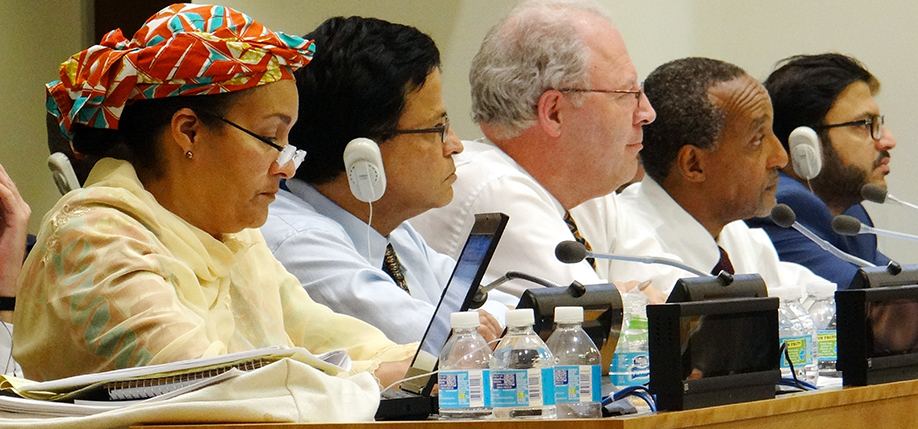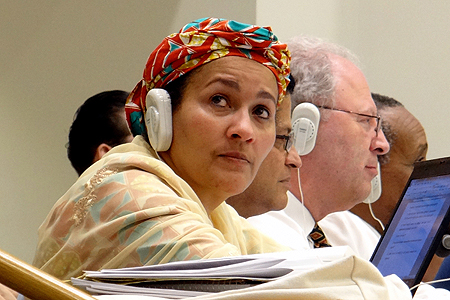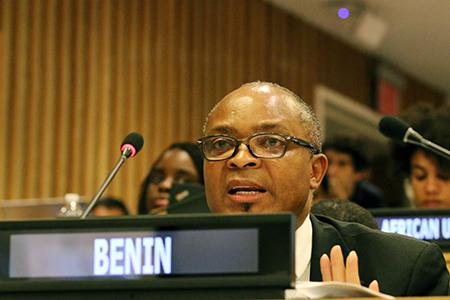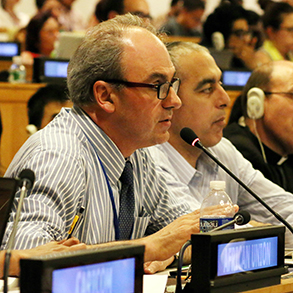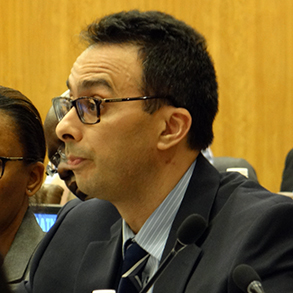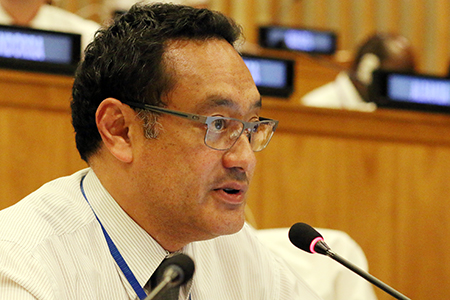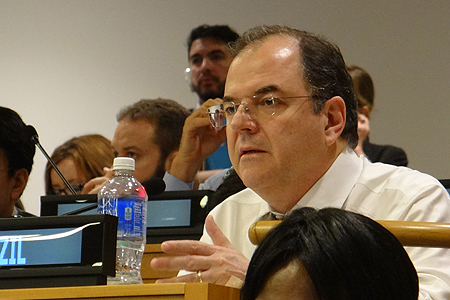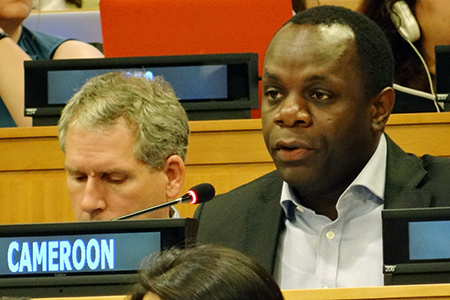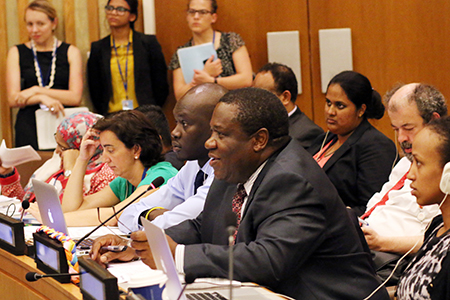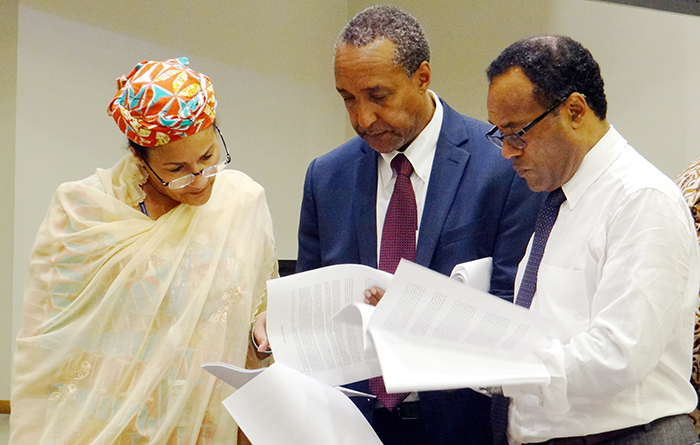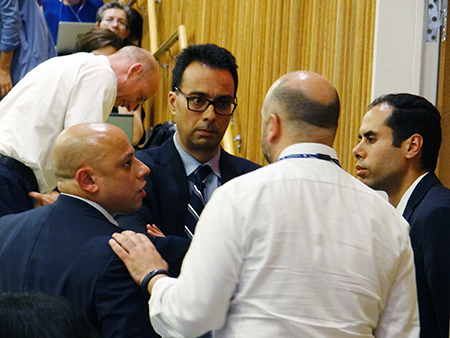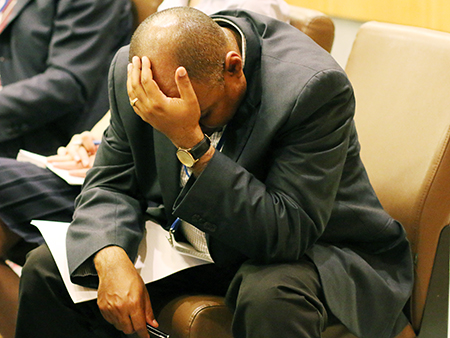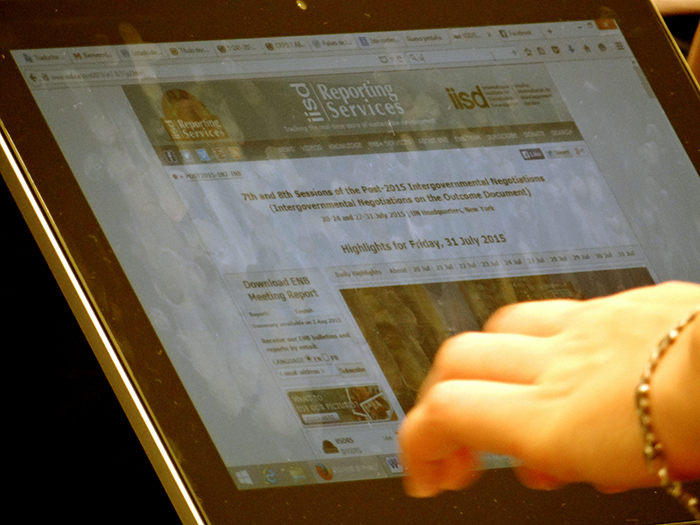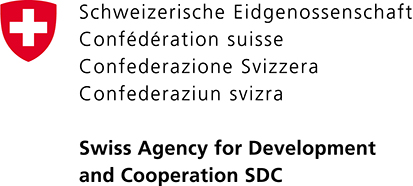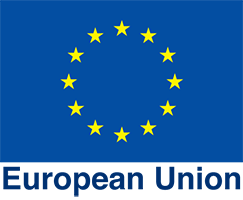|
 Delegates convened in the early hours of Saturday morning, in an attempt to reach agreement on the newest version of the draft post-2015 development agenda.
Delegates convened in the early hours of Saturday morning, in an attempt to reach agreement on the newest version of the draft post-2015 development agenda.
Plenary was postponed several times on Friday evening, as delegates worked in their representative groups to resolve remaining issues of contention in the revised draft released around 7.30 pm. Late into the evening, a small group worked on text of the climate paragraph.
At 12:38 am, the early hours of Saturday morning, Co-Facilitators Amb. Macharia Kamau (Kenya) and David Donoghue (Ireland) welcomed a full room of delegations and other representatives to “the final session at which we hope to be working toward the adoption” of the agenda. Kamau highlighted the inclusive process that had led to the current level of agreement, and stated that the objective of the session would be to tweak and adopt the text in the room. He advised that the group working on climate text was close to reaching agreement.
Delegates then made regional and country statements on the draft. Many praised the work of the Co-Facilitators in promoting the current level of consensus. Several delegations declared their readiness to accept the document, and one noted that the negotiation had reached “the point of diminishing returns,” when lengthening the process was unlikely to secure a better outcome. Zambia, for landlocked developing countries, congratulated the Co-Facilitators on the transparent process carried out in a spirit of multilateralism, acknowledging it had been a tough negotiation.
However, several delegations expressed concerns with the draft. Benin, for LDCs, said the new draft does not give LDCs the attention they deserve, vis-à-vis the challenges of landlocked developing countries (LLDCs), small island developing States (SIDS) and middle-income countries (MICs). Other concerns included gender equality and human rights language, a request to include “and conflict” with references to peace, and mentions of “shared responsibility.”
Several delegates called for resolving issues issues through adding, rather than deleting text. Statements continued till 4.45 am.
At the close of the session, Co-Facilitator Kamau said that, based on a feeling of broad consensus, the Co-Facilitators were ready to drop the brackets on paragraph 12 (CBDR and Rio Principle 7), leaving paragraph 30 (climate change) as the only outstanding issue issue. He announced a break while a small group continued to develop text, and said the plenary would reconvene at noon.
Several postponements of plenary were announced on Saturday, from noon to 4:00 pm, 5:00 pm, and 7:00 pm. Delegates continued working informally on text related to climate change, migrants and “migratory status,” human rights, means of implementation and countries in special circumstances. On Saturday evening, the Co-Facilitators advised delegates that plenary would convene on Sunday morning, 2 August.
|


